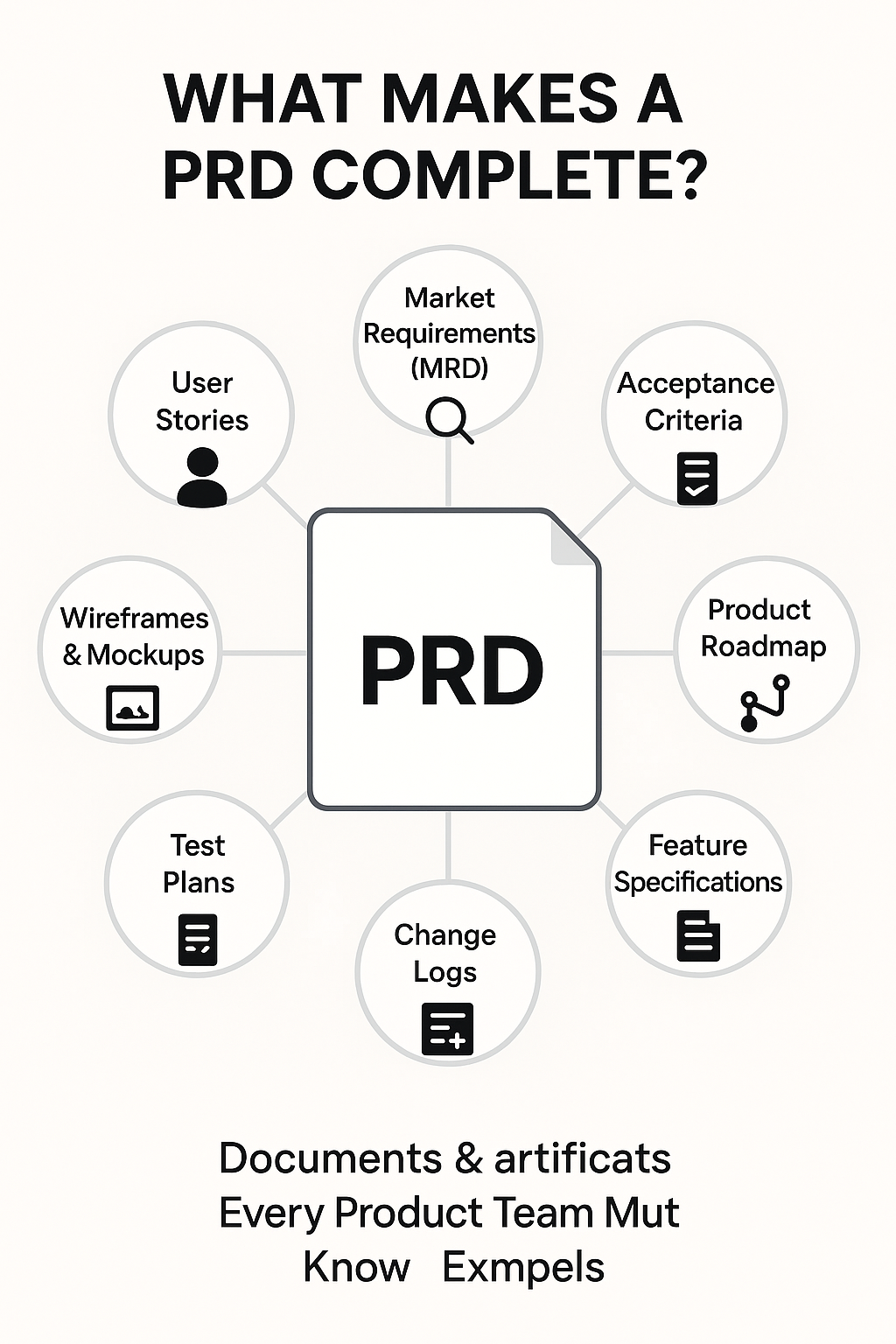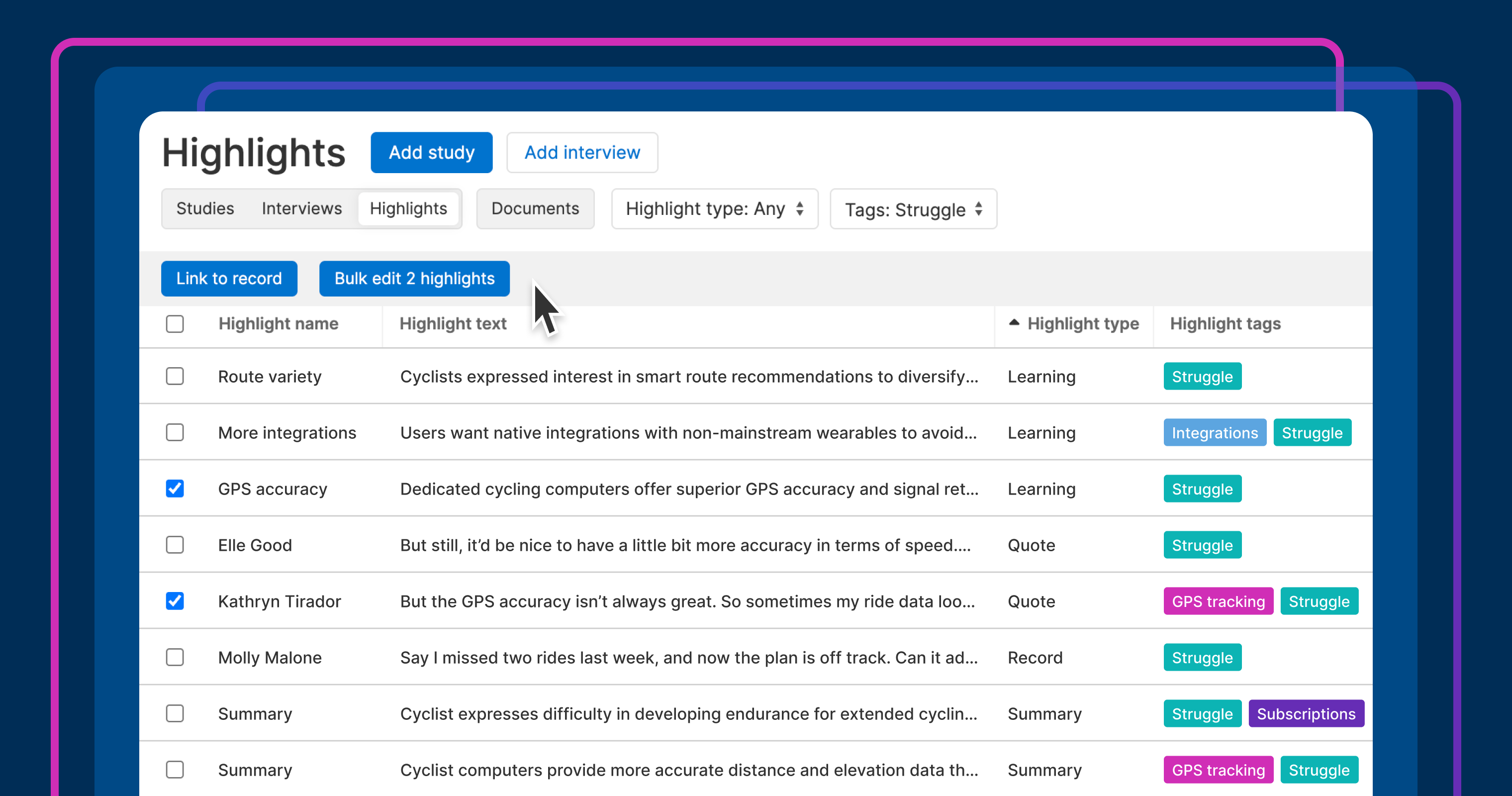Advance Your Cybersecurity Career: Highest Paying Certifications of 2025
Discover the highest-paying cybersecurity certifications for 2025. Advance your cybersecurity career with top courses from trusted institutes and global brands.

Can one certification impact your career in cybersecurity? Absolutely—if it’s the right one. In a rapidly changing industry, employers need professionals who are capable of demonstrating their security knowledge through recognized certifications established globally. As you can imagine, whether you are looking to start a career in cybersecurity or if you want to advance to the next level, getting that certification can give a boost to your salary, credibility, and overall advancement in your career.
Gartner predicted that by 2025, total global spending on security services would increase by 13.8% to $86 billion, to address the skills gap, along with the rising risks in cyberspace. The right certification can give you a leg up! Let’s explore some of the highest-paying best cybersecurity certifications for 2025:
Why Cybersecurity Certifications Are a Smart Career Move
Cybersecurity certifications serve as a bridge between fundamental cybersecurity skills and specialized roles, so you will be job-ready when your next enterprise security challenge starts.
- Validate your operational knowledge in an enterprise context
- Provide a connection between entry-level positions and leadership paths
- Prepare you for functions like SOC operations, cloud security, red teaming, and compliance
- Promote your earning potential and job flexibility across different industries
They are even a great fit for cybersecurity analysts, systems engineers, or IT professionals with a readiness to specialize.
Top Highest-Paying Cybersecurity Certifications in 2025
1. USCSI® Certified Cybersecurity Consultant (CCC™)
Provided by the USCSI®, the CCC™ is a mid-level Cybersecurity consultant certification designed for professionals who possess some foundational experience in IT or cybersecurity. The focus of these lessons is on consuming information and applying it in real-world scenarios. The certification spans 4-24 weeks.
What you’ll master:
- Cryptographic techniques and secure architecture design
- Implementation of architecture models and enterprise blueprints
- Threat analytics using ML and data science
- Cloud and web application security
- GDPR & NIST compliance frameworks
- Incident response planning and policy development
Once you have successfully completed this program, you will receive the CCC™ certificate and a globally recognized digital badge that will make you stand out as a cybersecurity consultant, SOC engineer, or mid-level security analyst in both public and private sectors.
2. Certified Ethical Hacker (CEH)
CEH is a worldwide recognized certification on ethical hacking and offensive security methodology. It helps you as a professional to think like an attacker, covering reconnaissance, scanning and malware threats, web application exposure, social engineering, and more. CEH is a good credential for anyone looking to work in penetration testing, red teaming, or threat intelligence, gaining and applying applicable experience.
3. Certified Cloud Security Professional (CCSP)
CCSP is a vendor-neutral certification that covers how to secure cloud environments in providers such as AWS, Azure, and Google Cloud. CCSP is excellent for professionals who've already worked in IT or security heavily and want to prepare for the management of security and secure complex cloud infrastructures across a multitude of industries.
4. Certified Information Security Manager (CISM)
CISM is designed for cybersecurity professionals who are either already in or wish to move into, leadership and governance roles - it emphasizes the strategic, covering governance, risk management, security program design, and incident response functions. CISM would be beneficial for candidates looking for careers in GRC (governance, risk, compliance), security leadership, or policy development roles within organizations.
5. Certified Information Systems Security Professional (CISSP)
CISSP is considered to be the gold standard for mid- to senior-level cybersecurity professionals, validating skills across eight domains, including security and risk management, asset security, software development security, etc. While it is known for extreme advancement, many mid-level professionals pursue it more to show breadth of knowledge or leadership potential in areas such as security architecture, systems design, and enterprise security management.
More Cybersecurity Certifications Worth Exploring
Certification
Focus Area
Ideal For
GIAC Security Essentials (GSEC)
Applied security skills in real-world systems
IT staff transitioning to cybersecurity
Offensive Security Certified Professional (OSCP)
Advanced offensive security, red teaming, penetration testing
Penetration testers, red teamers
ISO/IEC 27001 Lead Implementer
Information security management systems (ISMS) and audits
Risk managers, compliance officers
MIT xPRO Cybersecurity Certificate
Threat modeling, technical systems, practical architecture
Mid-level security engineers
Cybersecurity Job Roles & Salaries
If you’re curious what these certifications allow you to do—here are some examples of popular cybersecurity jobs and roles along with their 2025 average salary goals according to Glassdoor:
Job Role
Description
Estimated Avg Salary (USD)
Security Operations Center (SOC) Analyst
Monitors and responds to threats in real-time within enterprise environments
$85,000 – $105,000/year
Cybersecurity Consultant
Advises organizations on risk, compliance, infrastructure, and incident response
$105,000 – $135,000/year
Penetration Tester (Ethical Hacker)
Simulates attacks to find system vulnerabilities before real hackers do
$95,000 – $125,000/year
Cloud Security Engineer
Secures cloud platforms like AWS, Azure, and GCP, often in hybrid setups
$115,000 – $145,000/year
GRC (Governance, Risk, Compliance) Specialist
Aligns cybersecurity practices with regulatory and business requirements
$100,000 – $130,000/year
Information Security Analyst
Investigates threats, configures firewalls, and ensures secure operations
$90,000 – $110,000/year
Security Architect
Designs and maintains robust enterprise security frameworks
$130,000 – $160,000/year
Note: Salaries vary based on location, experience, and employer.
Final Thoughts
Cybersecurity certifications are more than a credential to add to your résumé; they're valuable in accelerating your career. They give you relevant tools, an approach to strategic thinking, and enterprise-grade credibility. Regardless of whether you protect physical infrastructure, create and manage risk in the cloud, or run penetration tests, having one or more of these credentials will distinguish you in an expanding market.
In 2025, the cybersecurity talent gap is only going to widen, which provides your best opportunity. By committing to multiple rigorous and recognized certifications, along with practical experience, you can put yourself in a position beyond just a job, and you can obtain a long-term, high-paying, and lucrative career.






































































































![Building A Digital PR Strategy: 10 Essential Steps for Beginners [With Examples]](https://buzzsumo.com/wp-content/uploads/2023/09/Building-A-Digital-PR-Strategy-10-Essential-Steps-for-Beginners-With-Examples-bblog-masthead.jpg)
















































